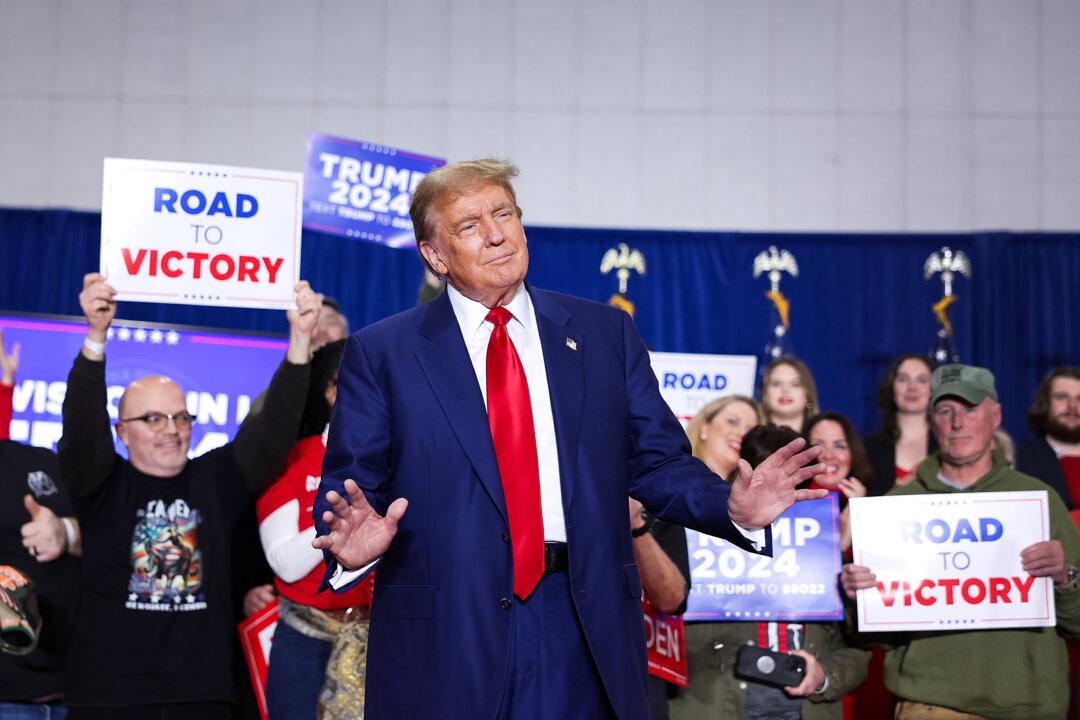Manhattan District Attorney Alvin Bragg says the trial of former President Donald Trump can’t wait until media publicity passes.
Mr. Bragg filed an April 1 opposition motion made public on April 3.

Manhattan District Attorney Alvin Bragg says the trial of former President Donald Trump can’t wait until media publicity passes.